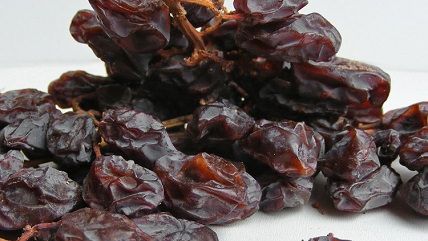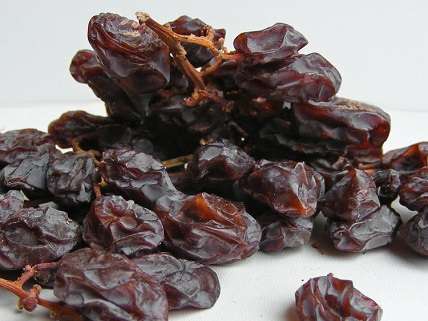Report: Food Freedom Under Attack
A new Institute for Justice report on food freedom, which I co-authored, makes clear that your right to grow, raise, produce, buy, sell, share, cook, eat, and drink the foods you want is under attack.


Earlier this week the Institute for Justice published an important report, The Attack on Food Freedom, as part of its National Food Freedom Initiative. The twenty-five page report is co-authored by me and Michael Bachmann, a Seton Hall law student.
While referring to a report I co-authored as "important" may seem a bit presumptuous—okay, it is presumptuous—I'm comfortable with the term. After all, the report is the first to date to tie together the complex legal history of food freedom. It's the first report to highlight the early American origins of food freedom. It's also the first to tie together your right to eat what you want with the concept of economic liberty—the rights of others to make and sell you those foods.
Is food freedom—as I define it, your right to grow raise, produce, buy, sell, share, cook, eat, and drink the foods of your own choosing—really under attack?
Indeed it is. And as my definition makes clear, it's not just that federal, state, and local governments have intruded on your right to eat what you want. It's that the growers, the producers, and the sellers of food often face senseless and insurmountable regulatory obstacles.
"Far too often, the twin assault on economic liberty and food freedom is motivated by the twin evils of economic protectionism and paternalism," writes Michael Bindas, who leads IJ's food freedom project.
Readers of my weekly columns here know that's the case. In fact, many of the examples that appear in the report are ones I first wrote about in my weekly columns here for Reason.
For example, Mark DeNittis, who I wrote about in a column two years ago, is featured prominently in the report.
At the time, DeNittis was an award-winning Denver-area artisanal salumi maker.
"When it comes to Old World methods," I wrote, "I think it would be hard to find a better example of a traditional, conscientious, sustainable, and local producer than Il Mondo Vecchio."
Nevertheless, as I detailed, DeNittis was forced out of business by U.S. Department of Agriculture regulators who claimed he violated their rules by doing things exactly as he had when they assured him over the years that he was following those same rules.
Readers might also recognize the Horne family. These raisin sellers were forced to hand over half of their annual crop—amounting to hundreds of thousands of dollars—to the federal government as part of a New Deal-era program.
In a column last year, I noted that government interference had erected "a foolish and complex barrier to a free market in raisins."
And I'm not alone. The federal raisin program, one of many such crop and commodity programs, is so absurd that when the Hornes' case reached the Supreme Court last year, Associate Justice Elena Kagan remarked openly that the raisin rules may be "the world's most outdated law."
There's also the "Zion Curtain," a barrier required by the state of Utah to appear in restaurants that serve alcohol (lest you be forced to see your bartender mixing a cocktail).
And what would a present-day report on food freedom be if it didn't mention the pointless regulatory excesses and farmer-crushing provisions of the Food Safety Modernization Act (FSMA), which I've blasted here many, many times.
But several examples featured in the new IJ report will be new even to regular readers of my columns. For example, the report also details how the FSMA threatens such diverse entities as the Duke University Campus Farm and the Taos Community Economic Development Corporation's entrepreneurial food incubator.
As The Attack on Food Freedom demonstrates, this freedom is a vitally important part of America's history. We've moved away from respecting that right. I hope this report will spur legislators, regulators and courts at all levels of government and people from all political, ideological, and dietary perspectives to recognize the importance of food freedom.


Show Comments (129)